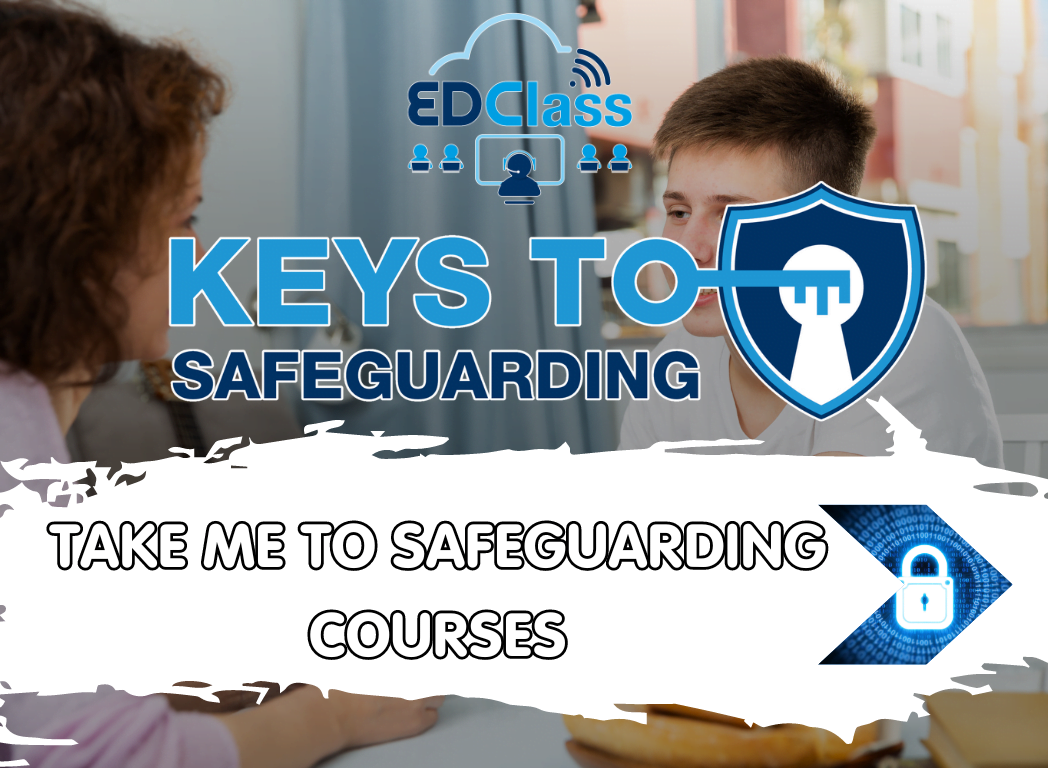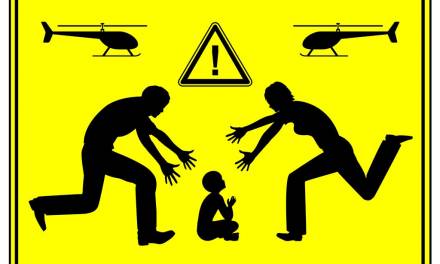Contextual safeguarding recognises that as children grow up they can encounter many factors that may put their lives or well-being in jeopardy. Embedding strong partnerships can foster a stronger safeguarding environment so children can reach their educational potential and thrive in adulthood.
It can be difficult to manage every encounter a child has in their neighbourhoods, online, in school or during leisure activities. Using a collaborative approach can build strong partnerships to provide effective contextual safeguarding.
Keeping Children Safe in Education states:
“Local authority children’s social care assessments should consider where children are being harmed in contexts outside of the home, so it is important that schools and colleges provide as much information as possible as part of the referral process. This will allow any assessment to consider all the available evidence and enable a contextual approach to address such harm. Additional information is available here: Contextual Safeguarding.”
Let’s take a look at some strategies you can implement to create stronger partnerships to safeguard children.
- Shared vision and goals: All partners should be united by a common understanding of contextual safeguarding and its objectives.
- Effective communication: Open and regular communication is essential to build trust, share information, and coordinate responses.
- Mutual respect and understanding: Each partner brings unique expertise and perspectives. Valuing these differences is key to effective collaboration.
- Clear roles and responsibilities: Defined roles and responsibilities ensure everyone knows what they need to do and this can prevent duplication of efforts.
- Joint training and development: Investing in training that equips all partners with the knowledge and skills needed for contextual safeguarding is crucial.
Using online courses to develop safeguarding knowledge
Ultimately, it’s important to enhance safeguarding knowledge on a variety of factors that can be intertwined so children can feel safe at home and in education. This can be achieved through learning via online courses to develop understanding at a comfortable pace.
Ensure that you can recognise the signs that a child may be displaying and what support you can provide. This course on contextual safeguarding can highlight a thorough analysis of what the concept is and explore initiatives you can integrate to secure a child’s safety. Keys to Safeguarding also provides more safeguarding courses that can supply in-depth knowledge on certain topics.
In addition to this, if you think there is a child that would benefit from a safeguarded online alternative provision visit EDClass or call 01909 568338, send an email to mail@edeclass.com or enquire for more information here.










